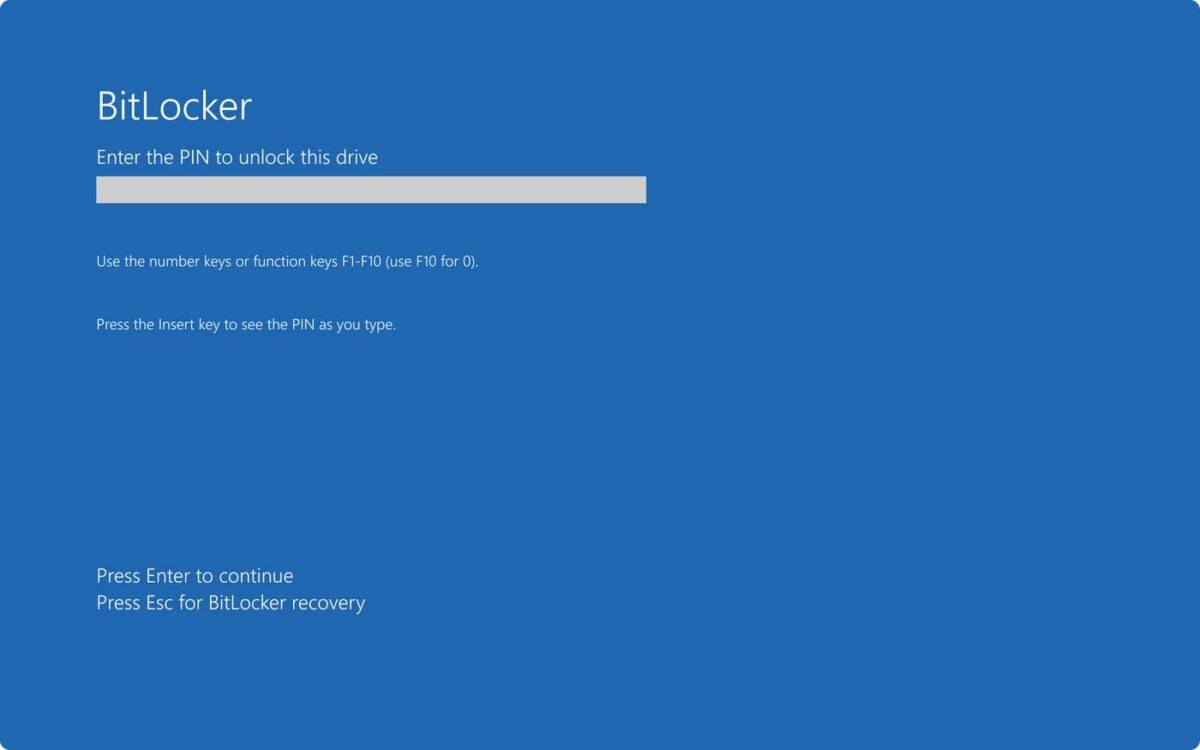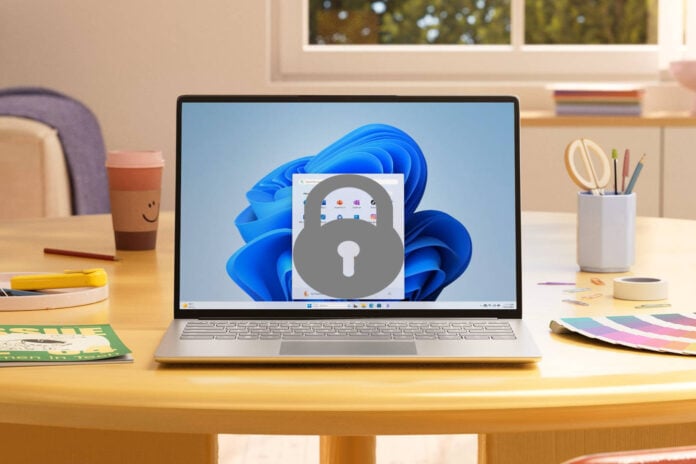Microsoft has introduced hardware-accelerated BitLocker, thus marking a major evolution of Windows 11’s built-in disk-encryption technology. Starting with new devices shipping in spring 2026, BitLocker will take advantage of specialised parts of modern SoCs (system-on-chip) and CPUs to deliver faster encryption, stronger key protection, and lower overhead.
Right now, however, BitLocker is mostly software-driven, optionally accelerated by CPU instructions like AES-NI. The encryption keys are protected via TPM, but the bulk of the cryptography happens in system memory and CPU, which can impact performance, especially on older hardware. The new hardware-accelerated BitLocker is set to move both the encryption work and the key protection deeper into the hardware layer and away from the OS (operating system), improving security.
Instead of relying on software execution and general-purpose processing, Windows 11 plans to offload the bulk of encryption and decryption to dedicated cryptographic hardware present on new machines. As a result, the system responsiveness is expected to improve all while netting power savings due to the reduced CPU load.
Most importantly, unlike the traditional BitLocker implementation, which uses TPM as a root of trust, this updated version wraps and isolates the disk-encryption keys directly at the silicon level. In other words, it brings BitLocker’s protection model closer to the trusted-execution environments of modern platforms. As a result, memory- and CPU-side vulnerabilities are greatly reduced.

But that’s not all. Microsoft is taking security to the future, and is already working on the so-called Post Quantum Cryptography (PQC), which leverages algorithms designed to withstand quantum attacks that could break today’s encryption. The company indicates that PQC APIs in Windows are now ready, so organisations can start migrating to quantum-safe encryption and validate their applications and infrastructure.
Understandably, this change will be mostly appreciated by professionals and IT administrators, to whom security is paramount, though taking advantage of it will require hardware support. But overall, hardware-accelerated BitLocker represents a significant step toward efficient full-disk encryption, and as enterprises prepare for the 2026 hardware cycle, support for these features could increase Windows adoption.


